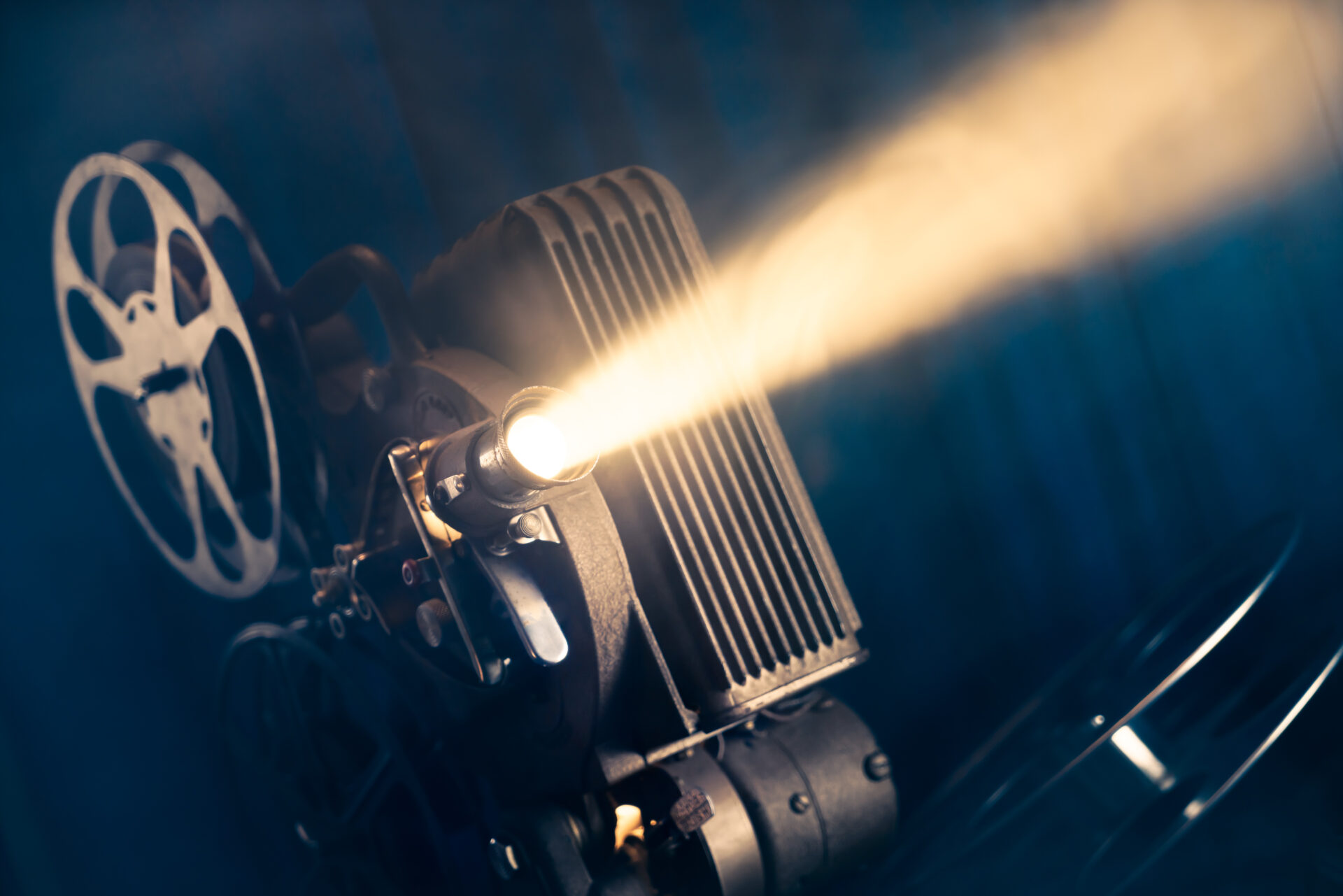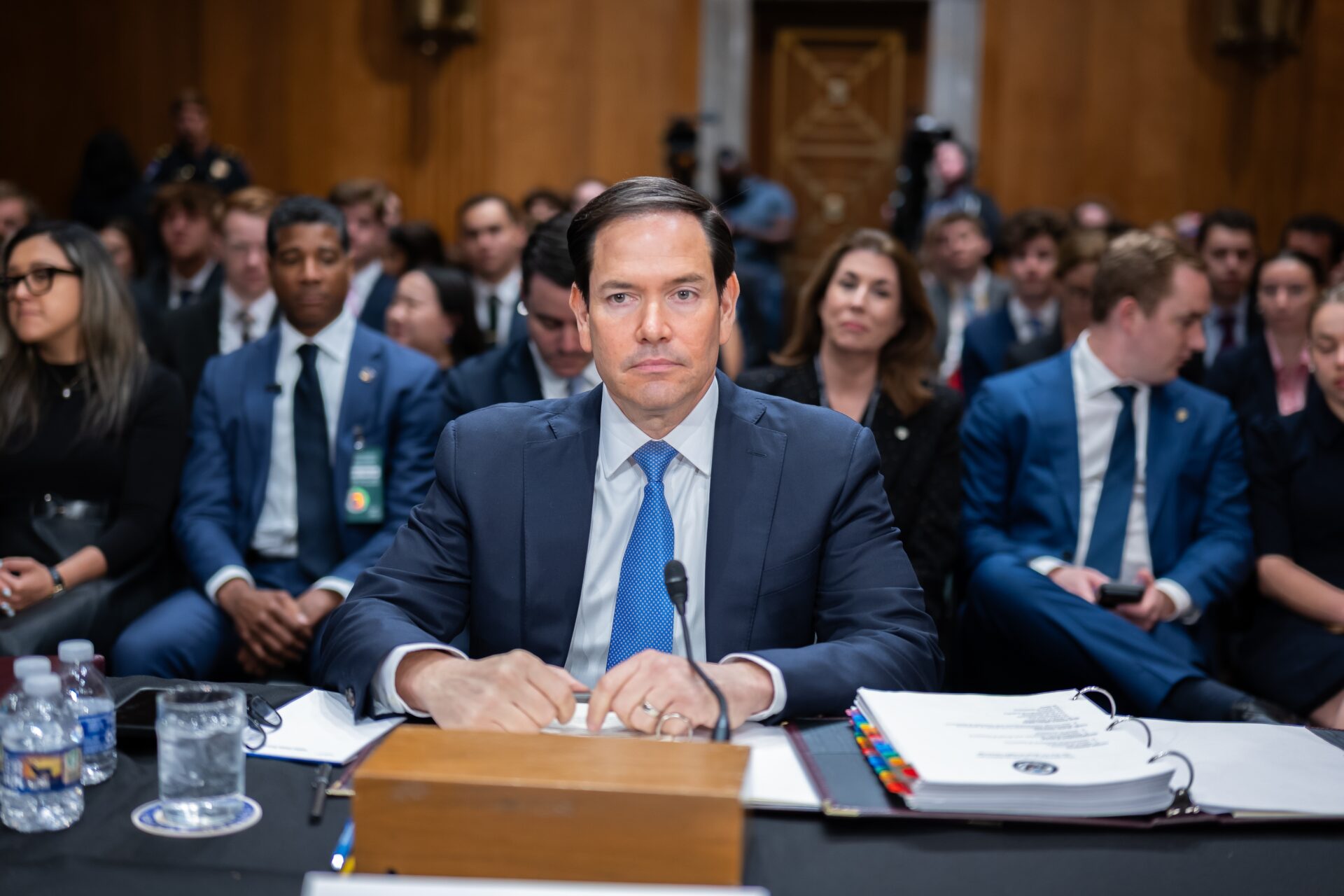
Studio DRAWS THE LINE On AI Poaching!
Universal Pictures has begun embedding legal warnings in the end credits of its major releases to bar their use for AI training, signaling imminent lawsuits and criminal penalties.
At a Glance
- Since June, Universal has added a warning to films such as How to Train Your Dragon, Jurassic World Rebirth, and The Bad Guys 2 that they “may not be used to train AI.”
- The warning states, “Unauthorized duplication, distribution or exhibition may result in civil liability and criminal prosecution.”
- Universal plans to pursue legal action against any company that pirated its films for AI data mining.
- In some regions, the notices cite EU Directive (EU) 2019/790 allowing producers to opt out of use in scientific research.
- DreamWorks has adopted similar end-credit warnings for The Bad Guys 2, reflecting a wider industry stance.
Industry Crackdown
Major studios are racing to protect their intellectual property from large-scale scraping by AI developers. Beginning in June, Universal appended a notice to the closing credits of its summer tentpoles — including How to Train Your Dragon, Jurassic World Rebirth and The Bad Guys 2 — explicitly forbidding their use as AI training data . The notice follows mounting concern that generative AI systems, trained on pirated content, could replicate studio work without licensing fees, undercutting traditional revenue models.
NBCUniversal’s legal counsel has stated the studio stands ready to issue takedown demands and pursue civil claims or criminal prosecution against violators, citing statutory damages of up to $150,000 per willful infringement — a threshold designed to deter both small-scale operators and major technology firms from unauthorized data use.
Watch now: AI Warning Added In The End Credits Of The Bad Guys 2 · YouTube
Legal Risks
By embedding these warnings directly into the cinematic experience, Universal aims to establish clear contractual terms that viewers and licensees must adhere to. Under U.S. copyright law, explicit prohibitions can strengthen a studio’s hand in litigation by demonstrating that AI developers had actual notice and willfully ignored it . In jurisdictions covered by EU law, citing Directive (EU) 2019/790 reinforces producers’ ability to opt-out of unconsented data mining, potentially invalidating fair-use defenses that hinge on transformation or research exemptions .
The strategy parallels joint lawsuits by Disney and Universal against AI image generator Midjourney, filed in June 2025, which allege “bottomless pit of plagiarism” tactics and seek injunctions to halt further unauthorized reproductions of iconic characters . Industry experts warn these cases could redefine fair-use boundaries and force AI firms to secure licensing agreements or implement robust filtering safeguards.
Broader Context
Universal’s move is part of a wider backlash against AI overreach in creative industries. DreamWorks, Sony Music and major book publishers have adopted similar measures to assert control over their content, while federal courts in the U.S. and the U.K. weigh precedent-setting copyright suits against AI developers . Meanwhile, some AI proponents argue that training models on copyrighted works qualifies as transformative use and should remain protected, setting the stage for protracted legal battles.
As AI continues to evolve, studios are exploring new licensing frameworks that balance technological innovation with fair compensation for creators. Whether end-credit warnings and lawsuits will sufficiently deter unlicensed data scraping remains uncertain, but one thing is clear: the fight over AI and content ownership has only just begun.
Sources
The Hollywood Reporter
Gizmodo
Reuters
Associated Press
GamesRadar+


